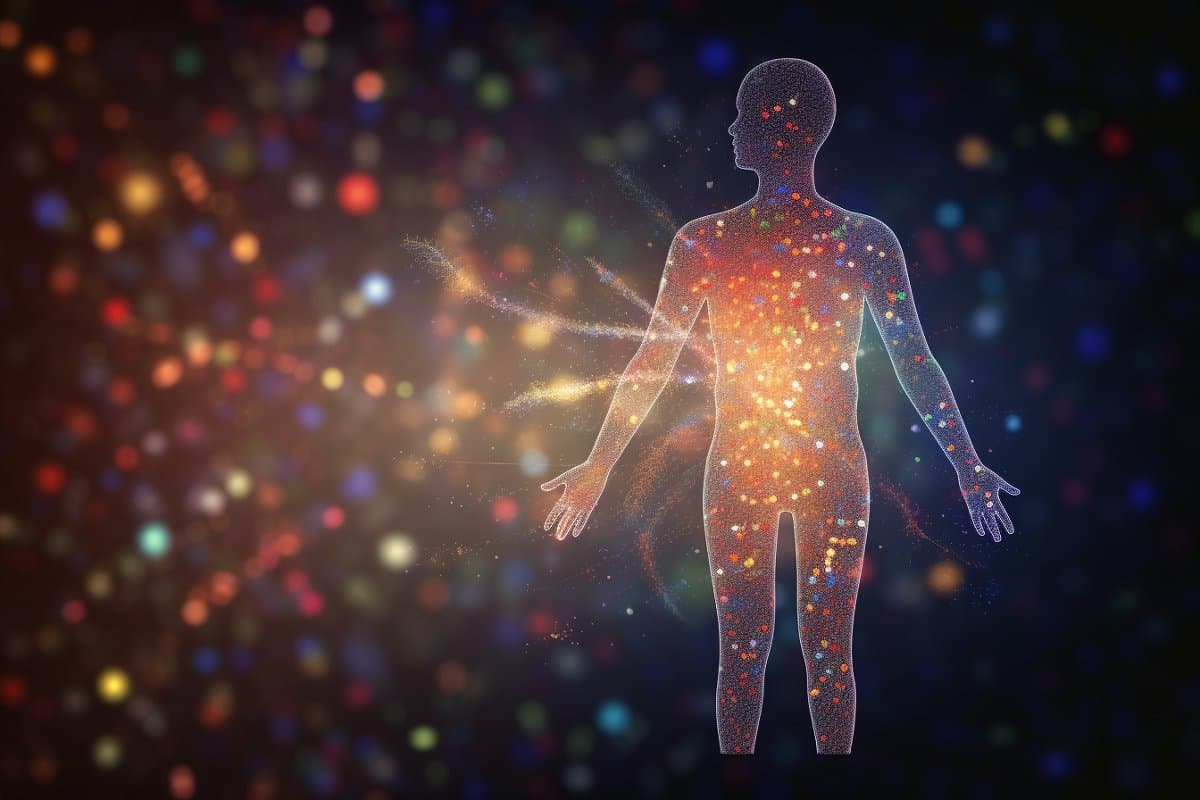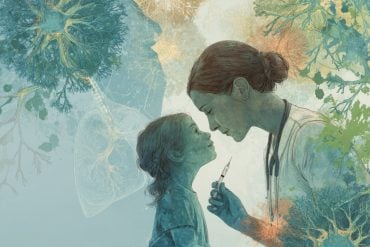Summary: Researchers discovered significant differences in the gut microbiome of individuals with Autism Spectrum Disorder (ASD) compared to neurotypical individuals, suggesting a potential link between gut bacteria and ASD.
The study found an increase in alpha diversity and a higher abundance of Bacteriodetes and Bacteroides in those with ASD, challenging existing health paradigms. Experiments with mice showed that exposure to Bacteroides fragilis could lead to social and behavioral deficits, especially in males, highlighting the microbiome’s role in neurodevelopment.
This groundbreaking research opens new avenues for understanding ASD’s complexities and developing interventions.
Key Facts:
- The study identified unexpected patterns of microbial diversity in individuals with ASD, including increased alpha diversity and higher levels of certain bacteria, such as Bacteroides.
- Mice experiments indicated that early-life exposure to specific gut bacteria could influence behaviors associated with ASD, with notable differences between males and females.
- The research has gained international recognition and funding from the Eagles Autism Foundation, emphasizing its potential impact on understanding ASD and exploring new treatment pathways.
Source: Bar-Ilan University
Autism Spectrum Disorder (ASD), a neurodevelopmental condition characterized by decreased social communication and repetitive behaviors, has long intrigued scientists seeking to unravel its underlying mechanisms.
Researchers from the Azrieli Faculty of Medicine of Bar-Ilan University have now identified a potential link between ASD and the composition of the gut microbiome.
The researchers analyzed the diversity of the gut microbiome on an Israeli cohort of 96 individuals diagnosed with ASD and 42 neurotypical individuals.

Their findings, recently published in the journal npj Biofilms and Microbiomes, point to significant differences in both alpha and beta diversity in individuals with ASD, and identify specific types of bacteria that are found at higher abundance in individuals with autism.
The key discoveries include an unexpected increase in alpha diversity, a measure of microbial diversity, and a notable rise in the relative abundance of the phylum Bacteriodetes and the genus Bacteroides in individuals with ASD. Traditionally, decreased alpha diversity has been associated with compromised health in various conditions.
However, the increased alpha diversity observed in the ASD cohort challenges prevailing notions, especially considering its potential connection to neurological diseases. Bacteroides, normally found in the human gut microbiome, may have a disadvantageous impact on health when increased in abundance.
To investigate the potential functional consequences of these microbiome changes, the researchers conducted experiments involving newborn mice. Mice treated with Bacteroides fragilis at birth exhibited social behavior dysfunction, increased repetitive behaviors, and gene expression dysregulation.
“Our research suggests that an overabundance of Bacteriodes, particularly in early life, may have functional consequences for individuals with ASD. This sheds new light on the complex interplay between the microbiome and neurodevelopment in individuals with ASD,” said the study’s lead researcher, Prof. Evan Elliott, of Bar-Ilan University’s Azrieli Faculty of Medicine. The study was conducted in collaboration with Prof. Omry Koren, a microbiome expert at the Azrieli Faculty.
Intriguingly, these effects were observed primarily in male mice, with female mice showing no behavioral deficits, suggesting that males may be more susceptible to environmental factors contributing to ASD. The research underscores the importance of further investigation into the sex-specific aspects of ASD and the potential role of microbial composition.
The implications of this research extend beyond the laboratory, offering potential avenues for further exploration into the long-term effects of microbial interventions during early developmental stages and their implications for brain development.
Funding: Prof. Elliott’s research into mechanisms between microbiome dysbiosis and autism behavior is now receiving international recognition and a significant boost. The Eagles Autism Foundation, established by the Philadelphia Eagles football team, has just announced that Elliott’s work is among 34 projects specializing in cutting-edge autism research and care that will receive a total of $6.2 million in funding.
About this microbiome and autism research news
Author: Elana Oberlander
Source: Bar-Ilan University
Contact: Elana Oberlander – Bar-Ilan University
Image: The image is credited to Neuroscience News
Original Research: Open access.
“Bacteroides is increased in an autism cohort and induces autism-relevant behavioral changes in mice in a sex-dependent manner” by Evan Elliott et al. npj Biofilms and Microbiomes
Abstract
Bacteroides is increased in an autism cohort and induces autism-relevant behavioral changes in mice in a sex-dependent manner
Autism Spectrum Disorder (ASD) is a neurodevelopmental condition which is defined by decreased social communication and the presence of repetitive or stereotypic behaviors.
Recent evidence has suggested that the gut-brain axis may be important in neurodevelopment in general and may play a role in ASD in particular.
Here, we present a study of the gut microbiome in 96 individuals diagnosed with ASD in Israel, compared to 42 neurotypical individuals.
We determined differences in alpha and beta diversity in the microbiome of individuals with ASD and demonstrated that the phylum Bacteroidetes and genus Bacteroides were the most significantly over-represented in individuals with ASD.
To understand the possible functional significance of these changes, we treated newborn mice with Bacteroides fragilis at birth. B. fragilis-treated male mice displayed social behavior dysfunction, increased repetitive behaviors, and gene expression dysregulation in the prefrontal cortex, while female mice did not display behavioral deficits.
These findings suggest that overabundance of Bacteroides, particularly in early life, may have functional consequences for individuals with ASD.






